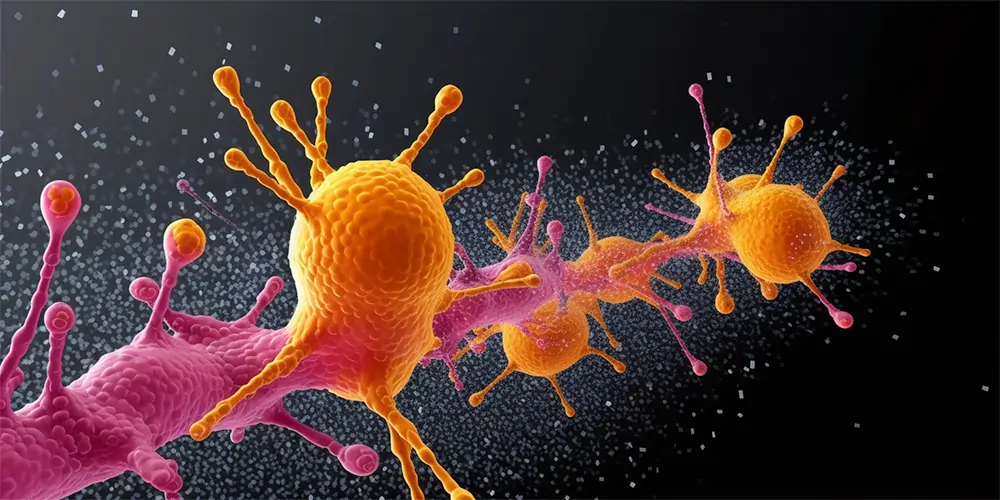Frederiksen Puts AI at the Heart of Her Parliamentary Speech
On the 31st of May, Denmark’s Prime Minister Mette Frederiksen took the Danish parliament by surprise, delivering a speech that had been partly drafted by the artificial intelligence tool, ChatGPT.
Traditionally, the closing speech of parliament is a strictly human endeavour. However, Frederiksen took a bold step into the future, aiming to both underscore the revolutionary potential of AI and raise concerns about its potential risks.
Midway through her address, she revealed the AI collaboration to legislators, saying, “What I have just read here is not from me. Or any other human for that matter.”
She acknowledged the imperfections in the speech, noting that it did not “always hit the nail on the head, both in terms of the details of the government’s work programme and punctuation…” Nonetheless, she admitted, “it is both fascinating and terrifying what it is capable of.”
ChatGPT, developed by OpenAI, has been the subject of global attention since late last year for its ability to generate a wide variety of content, including essays, poems, and complex conversations, from very basic prompts.
The Boon and Bane of AI
The impressive capabilities of ChatGPT have caused a seismic shift in tech investment, with billions of dollars pouring into the field.
But alongside this excitement, concerns have also been raised. Some critics fear the potential for chatbots to disseminate disinformation, or that biased algorithms might propagate racist material.
There’s also the spectre of AI automation threatening traditional industries.
This is why the ramifications of AI are not just fodder for debate within the Danish parliament, but are also being scrutinised at a high-stakes trade meeting between the United States and the European Union currently underway in Sweden.
Despite the possibilities, the potential threat posed by the technology is palpable. A group of experts including Sam Altman, whose firm OpenAI created ChatGPT, recently warned of the existential risks associated with AI.
AI’s Contribution to the Danish Prime Minister’s Speech
ChatGPT’s contribution to Frederiksen’s speech included sentiments that could have come from any political leader: “It has been an honour and a challenge to lead a broad government in the last parliamentary year.”
ChatGPT continued, “We have worked hard to co-operate across parties and ensure a strong and sustainable future for Denmark. We have taken steps to combat climate change and ensure a fairer, more inclusive society where all citizens have equal opportunities. Although we have faced challenges and resistance along the way, I am proud of what we have achieved together in the last parliamentary year.”
Frederiksen’s regular speechwriters have yet to comment on the quality of the AI-assisted writing.
Rising Concerns About the Impact of AI
Apart from the technological prowess of AI, Frederiksen also brought to the fore concerns about its societal impact, specifically on children.
She expressed apprehensions about how AI’s capability to generate essays and conversations could impact the social skills of the younger generation.
These concerns echo broader worries in Europe, where authorities are fretting over the potential misuse of AI tools like ChatGPT for spreading disinformation, racist narratives, or deceptive advertising.
The European consumer organisation BEUC, which represents 46 entities from 32 countries, has previously voiced concerns about the trustworthiness of content produced by chatbots.
Currently, the European Union is working on regulating generative AI technology. European Commission vice-president Margrethe Vestager confirmed the development of a draft for an AI code of conduct during her meeting with US officials in Sweden.
Frederiksen’s bold use of AI in her parliamentary address serves to illustrate our ever-growing journey into a world where the distinctions between human and artificial intelligence are steadily dissipating.
While these technological leaps may instil a sense of exhilaration, they also bring unique risks and challenges that cannot be overlooked.
The question remains: are we prepared for the future they herald?




